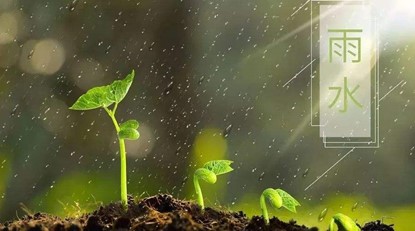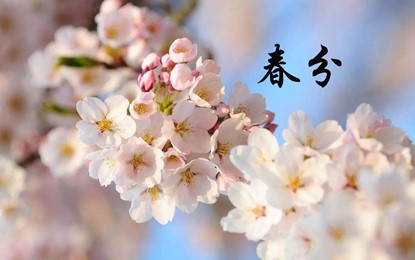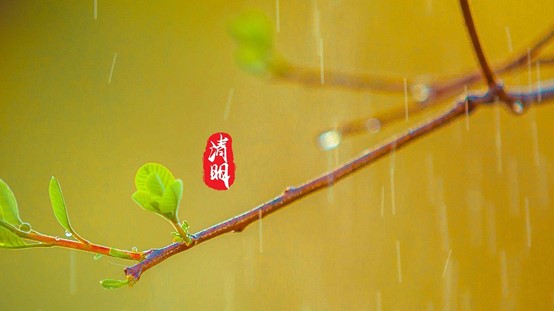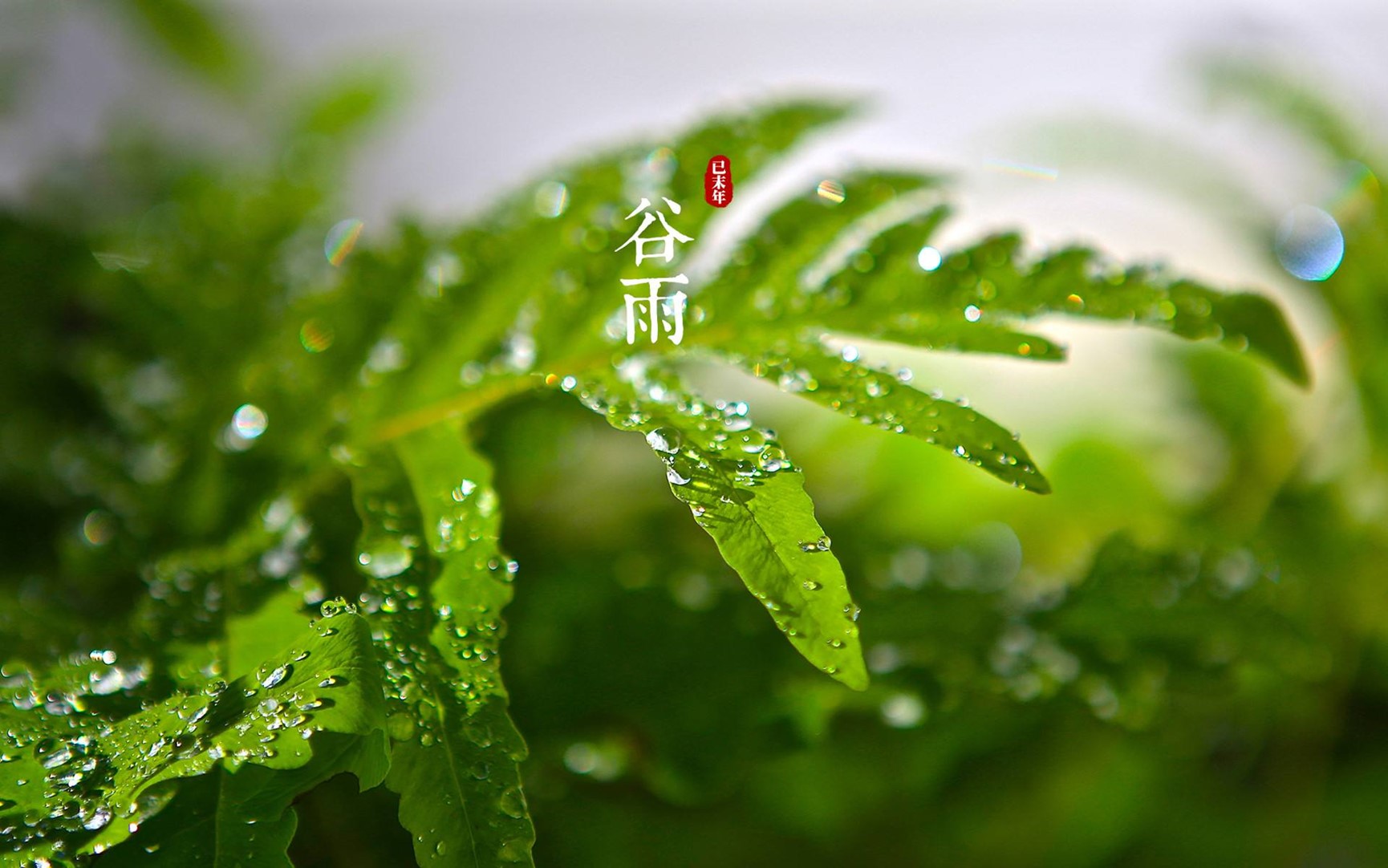Solar Terms in Spring
The Opening ceremony of the Beijing Winter Olympics has begun with the countdown to the 24 solar terms, which are unique to China's traditional culture. The opening ceremony also coincides with the beginning of Spring of the 24 solar terms, and the Beijing Winter Olympic Games is the 24th Olympic Games. It is a coincidence, which is really wonderful.
The traditional Chinese lunar calendar divides the year into 24 solar terms. More than 2000 years ago, ancient Chinese people created this overall framework to mark the annual passage of time based on observations of the sun's motion. Nowadays, the 24 solar terms not only apply to farming, but also guide Chinese people in everyday life. In 2016, the 24 solar terms were included in UNESCO'S Representative List of the Intangible Cultural Heritage of Humanity.
The 24 solar terms known as Start of Spring, Start of Summer, Start of Autumn, and Start of Winter are used to reflect the change of seasons, dividing the year into four seasons of exactly three months.
Today we are going to learn the solar terms in Spring.
Start of Spring 立春/lì chūn
Start of Spring, the first solar term of the year. It lifts the curtain of spring. After that everything turns green and full of vigor; people clearly see that the daytime is becoming longer and the weather is becoming warmer.

Rain Water 雨水/yǔ shuǐ
Rain Water signals the increase in rainfall and rise in temperature. With its arrival, lively spring-like scenery starts blossoming: the river water defreezes, wild geese move from south to north, and trees and grass turn green again.

Awakening of Insects 惊蛰/jīng zhé
Awakening of Insects signals a rise in temperature and increased rainfall. As the third solar term in the lunar year, its name alludes to the fact that animals sleeping in winter are awakened by spring thunder and that the earth begins to come back to life. It is the key time for spring agricultural activities.

Spring Equinox 春分/chūn fēn
The Spring Equinox signals the equal length of the day and night time. On the day of the Spring Equinox, sun is directly above the equator. After the equinox, the sun moves northwards, resulting in gradually longer day time in the Northern Hemisphere and longer night in the Southern Hemisphere.
This year's Spring Equinox coincides with the Long Tai Tou (dragon's head rising) Festival, a traditional Chinese festival that falls on the 2nd month of the lunar calendar. The festival marks the beginning of agricultural activities for the New Year and people across the country celebrate it getting a haircut.

Clear and Bright 清明/qīng míng
Clear and Bright is the only one whose first day is also a traditional Chinese festival, Qingming Festival or Tomb-Sweeping Day. The words "clear" and "bright" describe the weather during this period. Temperatures begin to rise and rainfall increases, making it a crucial time for plowing and sowing in the spring.

Grain Rain 谷雨/gǔ yǔ
Grain Rain originates from the old saying, "Rain brings up the growth of hundreds of grains," which shows that this period of rainfall is extremely important for the growth of crops. The Grain Rain signals the end of cold weather and a rapid rise in temperature. Here are five things that you may not know about the Grain Rain.
